Luana P. Queiroz
PUFFIN: A Path-Unifying Feed-Forward Interfaced Network for Vapor Pressure Prediction
Jul 08, 2023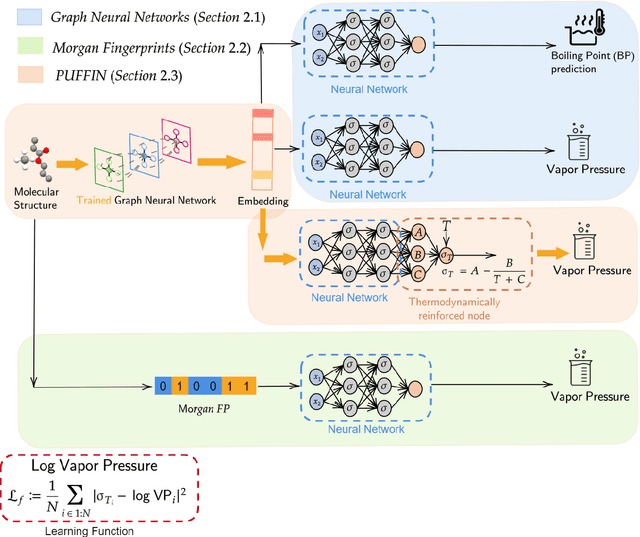
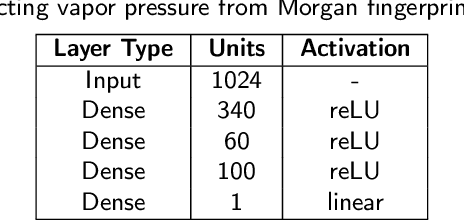
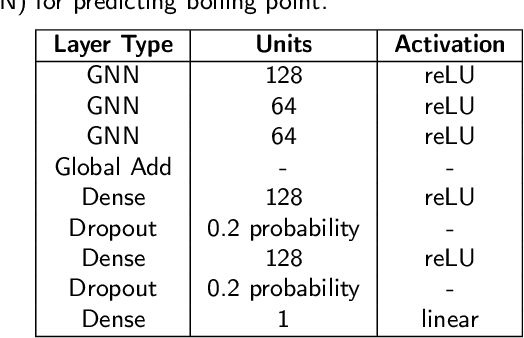
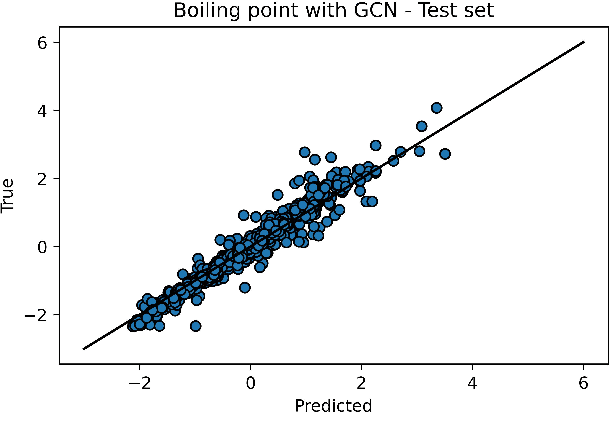
Abstract:Accurately predicting vapor pressure is vital for various industrial and environmental applications. However, obtaining accurate measurements for all compounds of interest is not possible due to the resource and labor intensity of experiments. The demand for resources and labor further multiplies when a temperature-dependent relationship for predicting vapor pressure is desired. In this paper, we propose PUFFIN (Path-Unifying Feed-Forward Interfaced Network), a machine learning framework that combines transfer learning with a new inductive bias node inspired by domain knowledge (the Antoine equation) to improve vapor pressure prediction. By leveraging inductive bias and transfer learning using graph embeddings, PUFFIN outperforms alternative strategies that do not use inductive bias or that use generic descriptors of compounds. The framework's incorporation of domain-specific knowledge to overcome the limitation of poor data availability shows its potential for broader applications in chemical compound analysis, including the prediction of other physicochemical properties. Importantly, our proposed machine learning framework is partially interpretable, because the inductive Antoine node yields network-derived Antoine equation coefficients. It would then be possible to directly incorporate the obtained analytical expression in process design software for better prediction and control of processes occurring in industry and the environment.
A Robust Scientific Machine Learning for Optimization: A Novel Robustness Theorem
Sep 13, 2022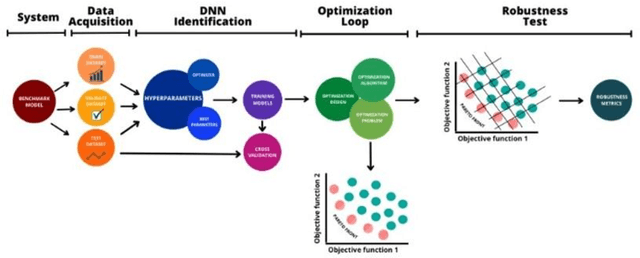

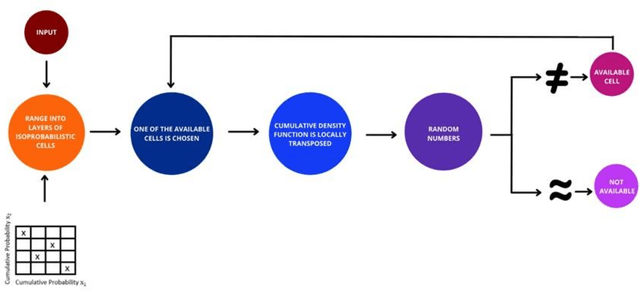
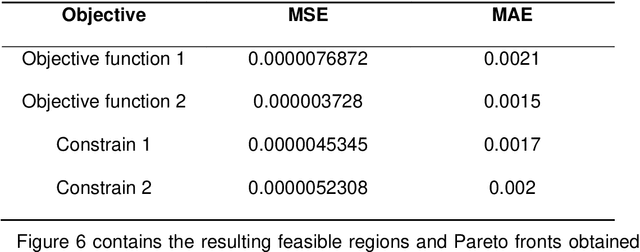
Abstract:Scientific machine learning (SciML) is a field of increasing interest in several different application fields. In an optimization context, SciML-based tools have enabled the development of more efficient optimization methods. However, implementing SciML tools for optimization must be rigorously evaluated and performed with caution. This work proposes the deductions of a robustness test that guarantees the robustness of multiobjective SciML-based optimization by showing that its results respect the universal approximator theorem. The test is applied in the framework of a novel methodology which is evaluated in a series of benchmarks illustrating its consistency. Moreover, the proposed methodology results are compared with feasible regions of rigorous optimization, which requires a significantly higher computational effort. Hence, this work provides a robustness test for guaranteed robustness in applying SciML tools in multiobjective optimization with lower computational effort than the existent alternative.
A new Reinforcement Learning framework to discover natural flavor molecules
Sep 13, 2022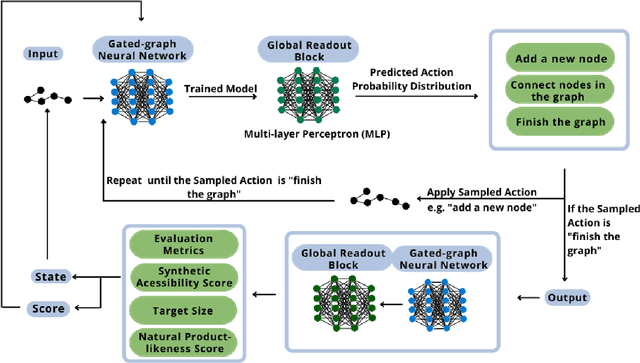

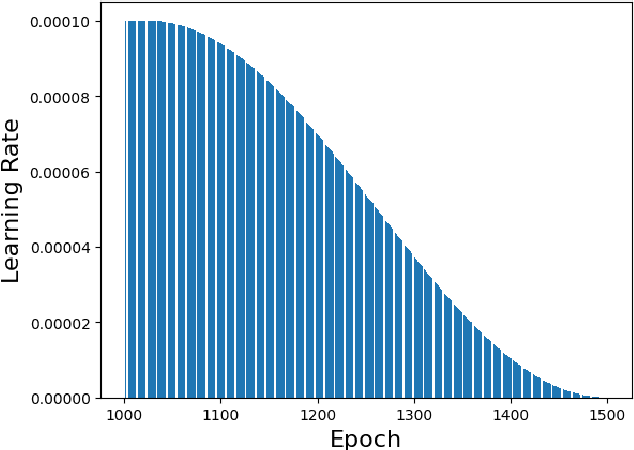
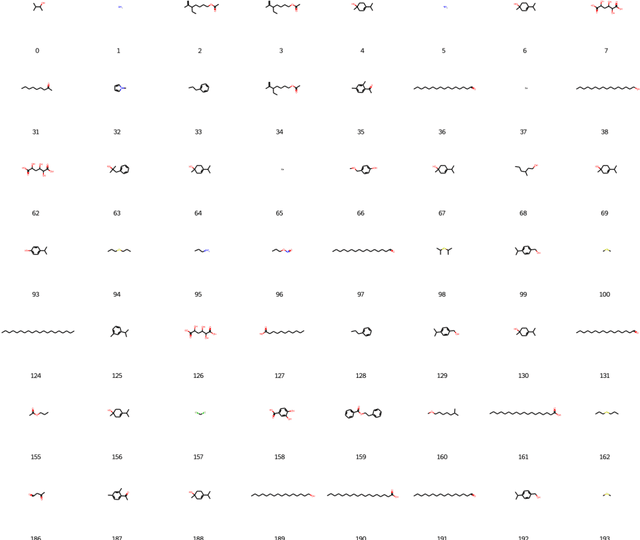
Abstract:The flavor is the focal point in the flavor industry, which follows social tendencies and behaviors. The research and development of new flavoring agents and molecules are essential in this field. On the other hand, the development of natural flavors plays a critical role in modern society. In light of this, the present work proposes a novel framework based on Scientific Machine Learning to undertake an emerging problem in flavor engineering and industry. Therefore, this work brings an innovative methodology to design new natural flavor molecules. The molecules are evaluated regarding the synthetic accessibility, the number of atoms, and the likeness to a natural or pseudo-natural product.
 Add to Chrome
Add to Chrome Add to Firefox
Add to Firefox Add to Edge
Add to Edge